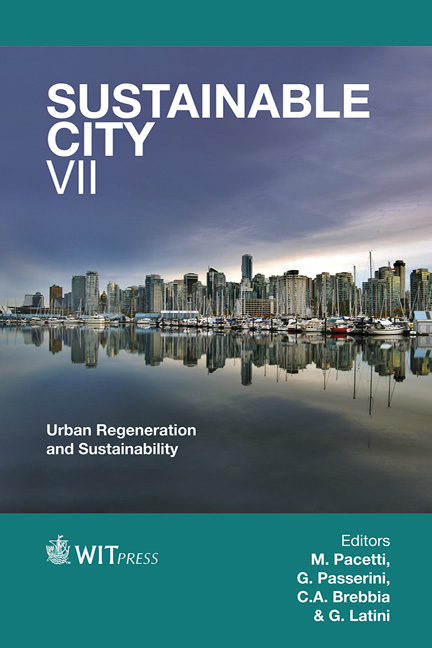Opportunities And Constraints Of The Participation Processes In Urban Mobility Planning: Case Studies In The City Of Rome
Price
Free (open access)
Transaction
Volume
155
Pages
12
Page Range
771 - 782
Published
2012
Size
898 kb
Paper DOI
10.2495/SC120652
Copyright
WIT Press
Author(s)
A. Ferretti & A. Tieri
Abstract
For a long time, public participation in urban mobility policies has been weak in Rome, confined to a technical practice. However, in the last few years, in the wake of new Master Plan participation rules and new EU funds for participatory processes, an increasing number of administrative districts called \“Municipi” are developing a more participatory approach, particularly in the field of local urban mobility. Even if this has not led to the formal signature of a \“Mobility Agreement” between the local Government and local associations, the movements of inhabitants and local associations have succeeded in developing a set of proposals, which are being influential for the development of local political programs and day-to-day mobility policies (about public and private transport, cycling and pedestrian mobility). In particular, this paper will show opportunities and constraints of the participation processes in urban mobility planning in two case studies comparing effects, achievements and participatory technical methods: the project \“Sbilanciamoci per la Mobilità” in the historical I Municipio, promoted by \“Casa della Città”, the first experiment of an Urban Center in Rome; the participatory review of the Cycling Master Plan of Rome in IX Municipio. The paper analyses two aspects: 1 – The effects and results of these initiatives in central and local governance policies in the field of urban mobility, identifying to what extent decision-making processes are being reinforced, or weakened, by sharing the definition of objectives, different monitoring and revision processes. 2 – The role that appropriate participatory technical methods play within general urban mobility strategies at different scales, improving resources for technical assistance and for transparent process, reducing conflicts with local stakeholders. Keywords: participation processes, urban mobility planning, governance, Rome.
Keywords
participation processes, urban mobility planning, governance, Rome.





